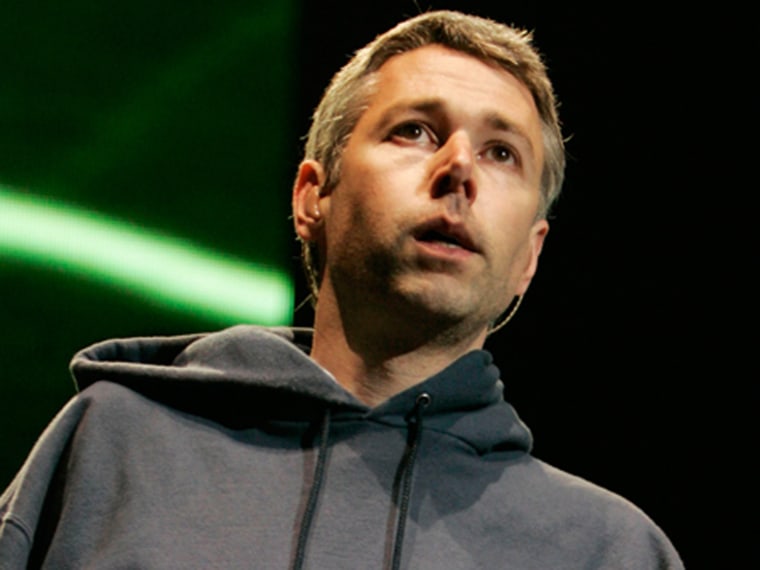Beastie Boy Adam Yauch, who died Friday at 47, had been had been battling a type of salivary gland cancer for nearly three years. At the time of his diagnosis in 2009, the gruff-voiced rapper called his cancer “very treatable,” but recent reports said his cancer had returned.
A statement on the band’s website said, "It is with great sadness that we confirm that musician, rapper, activist and director Adam "MCA" Yauch, founding member of Beastie Boys ... passed away in his native New York City this morning after a near-three-year battle with cancer," the statement said.
Yauch, known by his stage name MCA, had been unable to attend the Beastie Boys’ induction into the Rock and Roll Hall of Fame in Cleveland last month. He said last year that he was “continuing treatment, staying optimistic and hoping to be cancer-free in the near future."
The cancer initially had been found in Yauch’s right parotid gland, the largest type salivary gland, and in a nearby lymph node. Cancer of the parotid gland is rare, representing 3 percent to 7 percent of all head and neck cancers, says Dr. Steven Frank, a radiation oncologist at M.D. Anderson in Houston who treats the disease, but had never seen Yauch as a patient.
In a video Yauch made with bandmate Adam (Ad-Rock) Horovitz announcing his diagnosis, he said, “I started feeling this little … lump in my throat, like if you have swollen glands or something like that, like you’d feel if you have a cold.” At the time the cancer had not spread, he said. In the video Yauch was explaining to fans why the group was delaying release of their album "Hot Sauce Committee" and a tour.
“It’s something that’s very treatable and in most cases, they’re able to completely get rid of it and people don’t have continuing problems,” Yauch said in the video. “They’ve caught it early and it’s not anywhere else in my body.”
Parotid cancer, which strikes men and women equally, often is diagnosed because patients or other people had noticed a lump or swelling on one side of their face, Frank says. About 40 percent of parotid tumors are malignant, while the rest are benign, he says.
Unlike many head and neck tumors, smoking has not been linked to parotid cancer, Frank says. “There’s some data to support alcohol use or exposure to hair dye” as risk factors, he says, and there’s a “strong association” between parotid cancer and prior radiation exposure to that part of the head.
Yauch was a longtime vegan, but there’s no evidence that diet either protects against or increases the risk of parotid cancer, Frank says.
About 50 percent to 70 percent of people with parotid cancer survive 10 years after diagnosis, Fran says. The earlier it is caught, the better the chances of a cure.
Finding parotid cancer in a lymph node at the time of diagnosis cuts five-year survival chances in half, Frank says, although even cancer diagnosed at that advanced stage can still be cured. “It’s hard to know what his prognosis was specifically,” because there are 10 or 11 different types of parotid tumors, Frank says.
As with Yauch, parotid cancer typically is treated first with surgery. Radiation is then often used to destroy cancer cells that might be near a facial nerve running close to the gland, Frank says. “A lot of time surgeons don’t want to go in there and sacrifice that facial nerve, especially with somebody who might want to be out in the public pretty often.”
In 30 percent of relapses, the cancer spreads to the lungs, Frank says. The next most common site of metastatic parotid cancer is the bones, he says.
Related:
